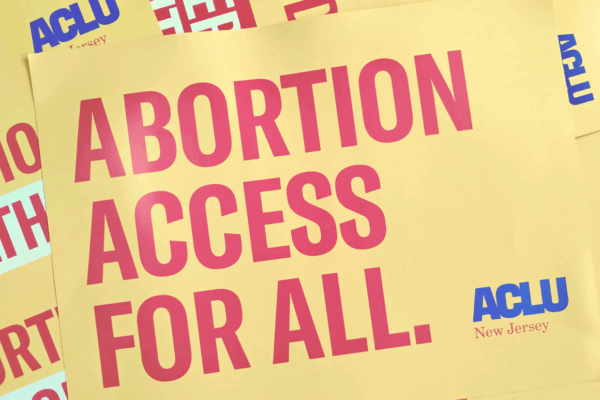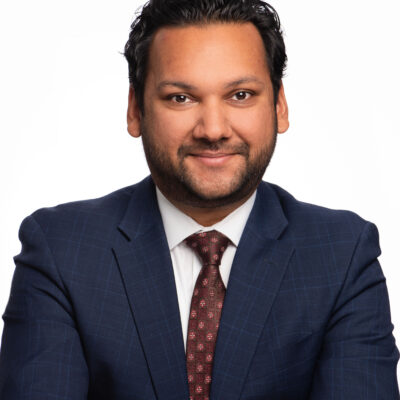Nearly two years ago, millions of people lost a fundamental protection over their bodily autonomy and the right to critical health care. With the Dobbs v. Jackson decision to overturn Roe v. Wade, the U.S. Supreme Court stripped away our power to decide if and when we become parents and put that power in the hands of politicians.
This was the result of a decades-long, carefully coordinated campaign by anti-abortion extremists seeking to exert control and strip people of their ability to make decisions about their lives and futures. To see that, it is important to understand the populations that are most impacted by the lack of access to reproductive health care: communities of color, the LGBTQ+ community, undocumented immigrants, young people, those living in rural areas, people with disabilities, and people with low incomes. When the Supreme Court overturned Roe, they not only took away a basic human right – they denied critical health care to individuals who have historically suffered from systemic racial and economic injustices.
The aftermath of the Supreme Court’s Dobbs decision has been devastating. The reversal opened the door for governors and state legislators in multiple states to restrict abortion at varying degrees, putting thousands of patients and healthcare providers in untenable positions. As of today, there are 1,336 abortion restrictions that have been put in place across the U.S. since Roe was overturned.
Abortion is still legal here in New Jersey, but reproductive care was already difficult for thousands of people to access even before the overturning of Roe. New Jersey has one of the worst maternal mortality rates in the country, with systemic failures disproportionately harming Black New Jerseyans, who are seven times more likely than their white counterparts to die from pregnancy-related complications.
In protecting access to abortion care, Roe was the floor – never the ceiling. We must ensure that the fundamental right to reproductive autonomy, including the right to abortion, is protected and enact measures that ensure equity and access to abortion care for all who need it. To do that, New Jersey must meet this moment with legislative action that ensures abortion is accessible and affordable for all, regardless of sexual orientation, gender identity, insurance, immigration status, or income-level.
At the federal level, Congress must pass legislation to protect and expand access to abortion care. To directly address the attacks on bodily autonomy in states across the country, the federal government should establish protections for people traveling across state lines to access abortion care. And while the Supreme Court’s recent ruling to uphold broad access to mifepristone is in line with that support, we also need more protections at the state level.
In a post-Roe landscape, states like New Jersey where the right to abortion remains protected now play an even more important role in providing care to people from states that ban or severely restrict abortion. But to effectively support New Jersey’s abortion providers, lawmakers must address the systemic health care inequities that disproportionately harm Black, brown, immigrant, LGBTQ+ and low-income communities. Our lawmakers must take legislative and budgetary action to expand access to abortion by mandating that insurance policies cover abortion care with no out-of-pocket costs to the patient, and by establishing a program to support the costs of abortion care for people who are uninsured or underinsured, including undocumented community members. We must also make abortion care more accessible to those who need it by codifying regulations that authorize health care professionals in New Jersey to provide abortion care.
The decision if and when to have a child is one of the most important decisions that a person can make in their life. To protect this most basic human right, we must ensure that abortion care is accessible for everyone that needs it. The ACLU-NJ has always stood for reproductive freedom, and we will continue to fight for a future where all New Jerseyans can access and afford reproductive health care without barriers, fear, or stigma.
This piece was originally published in The Star-Ledger.


